Parents are divided about whether it is right to post photos of one's children to social media, according to a study by the UK's communications watchdog.
Ofcom reported that just over half of parents it surveyed said they avoided what it termed "sharenting" altogether.
Tagged with parents
New tailored online safety guides for key professionals working with children, including social workers, healthcare professionals, residential care settings and governors/trustees.
How are children’s play objects shaped by technological inventions? As toys become increasingly connected online, Bieke Zaman, Donell Holloway and Leila Green research the ‘Internet of Toys’.
Childnet Education Officer Tom offers some top tips for parents to help young people stay safe on Roblox.
Setting up a profile on a new site or game can seem like a daunting task. Profiles are needed for a variety of sites, from gaming websites and social networking sites to the sites children use for school work. There is plenty to consider, such as choosing the perfect profile picture, creating a memorable password and coming up with a username. All of this may seem even harder when trying to make a safe profile for your child.
We can all play a part in helping keep children safe from bullying and cyberbullying - whether it's happening at school, at home or online.
NSPCC's advice and support for parents and carers and schools. Read more



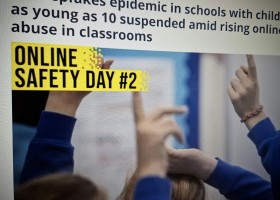
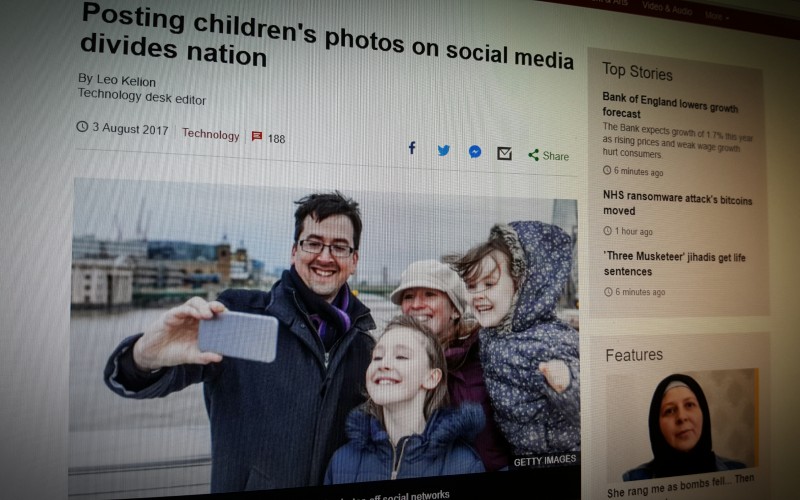
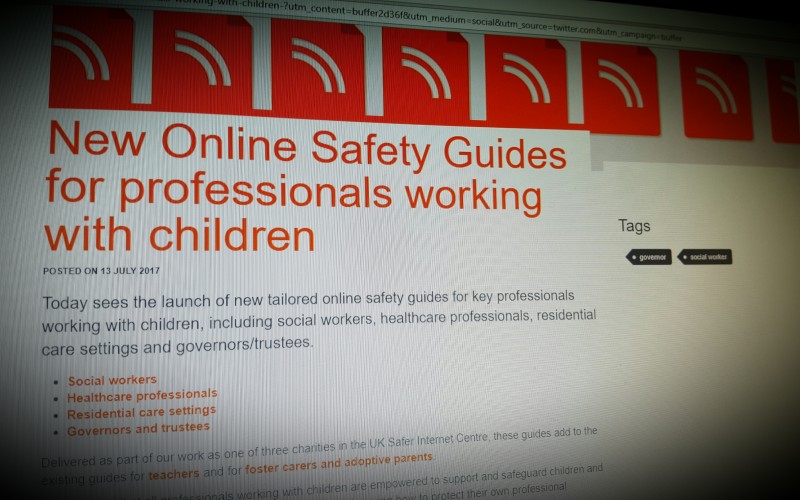
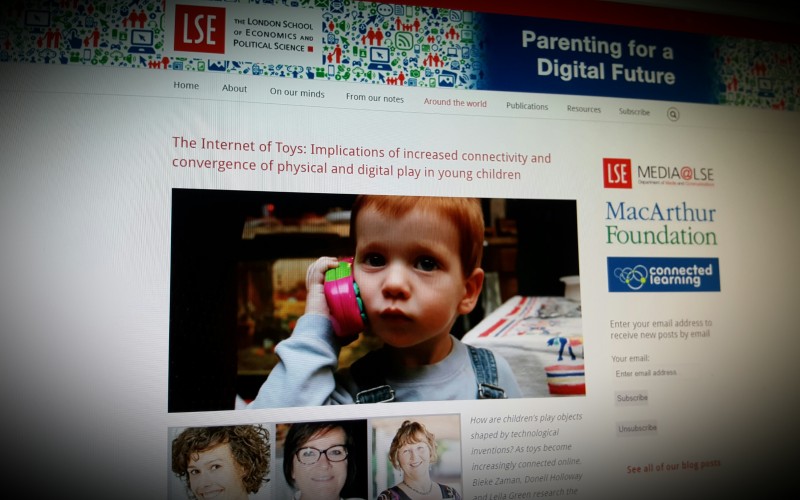
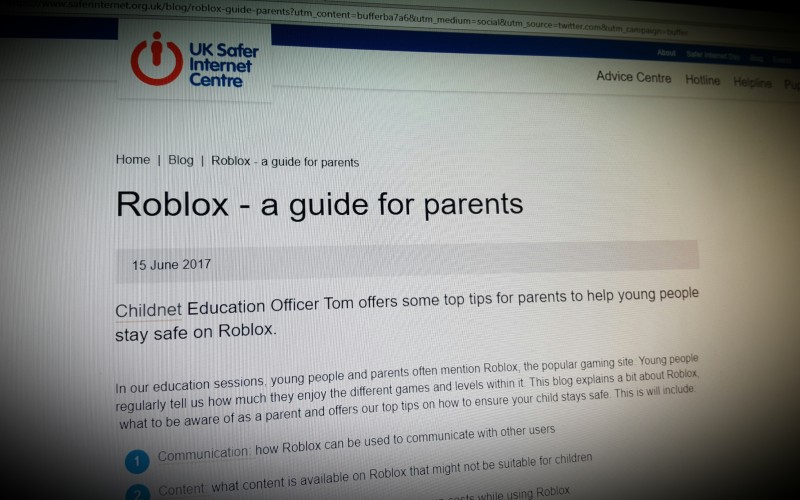
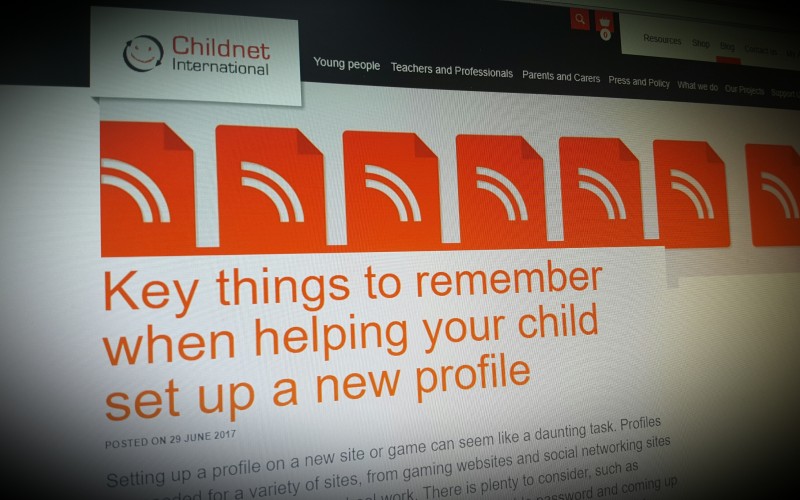
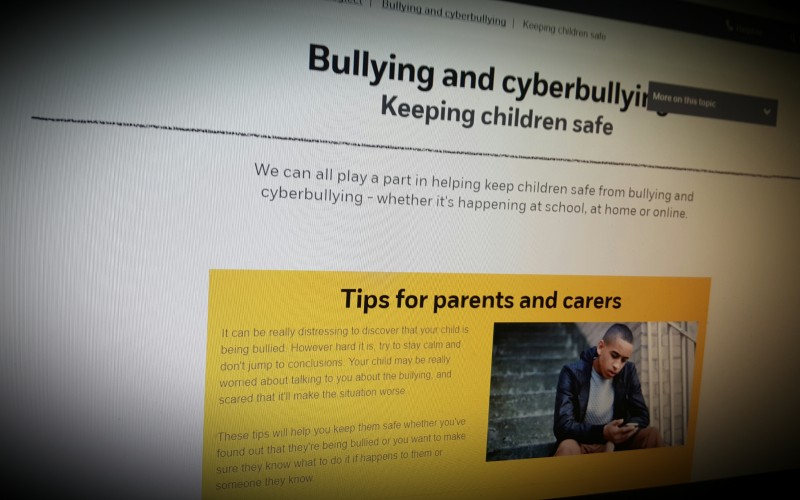
Comments
make a comment